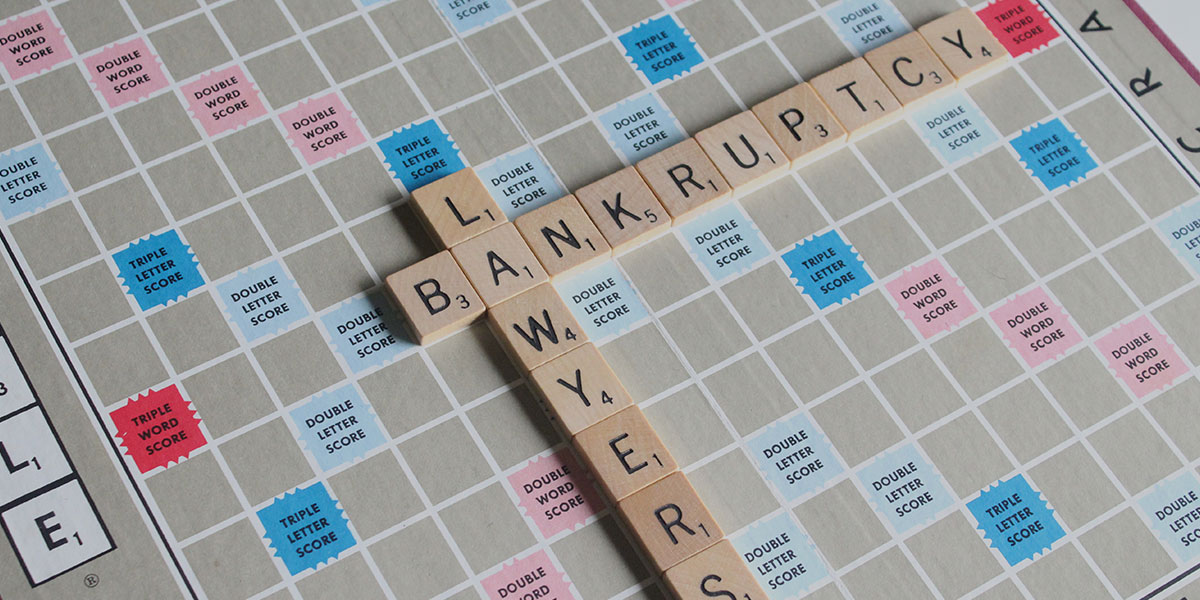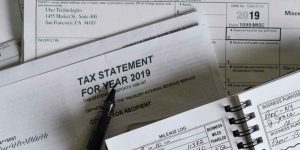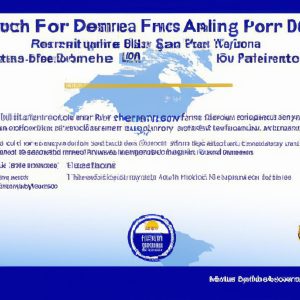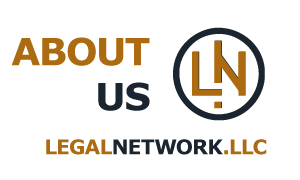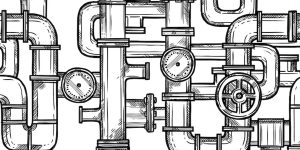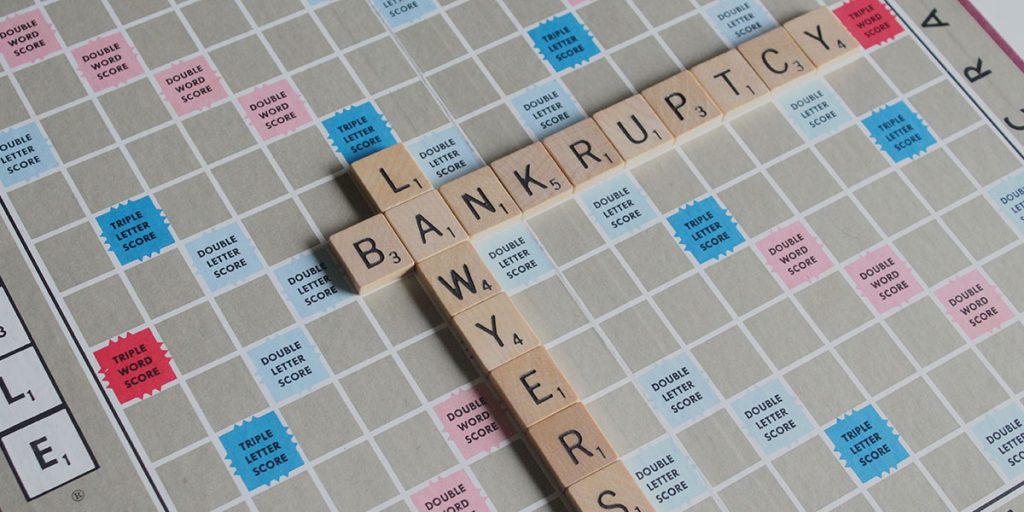
Chapter 13 Bankruptcy in New York: A Comprehensive Guide
Introduction
Are you struggling to manage your debt and looking for a way out? If so, Chapter 13 bankruptcy may be the answer you’re looking for. This comprehensive guide will provide you with all the essential information you need to understand the benefits, eligibility requirements, filing process, and important considerations related to Chapter 13 bankruptcy in New York.
Chapter 13 Bankruptcy: An Overview
Chapter 13 bankruptcy, also known as a wage earner’s plan, is specifically designed for individuals with a regular income. It allows you to develop a repayment plan to pay off your debts over three to five years gradually. Unlike Chapter 7 bankruptcy, which involves liquidating assets, Chapter 13 bankruptcy enables you to retain your property while making affordable payments towards your debts.
Benefits of Chapter 13 Bankruptcy in New York
Chapter 13 bankruptcy offers several advantages that can significantly improve your financial situation. Let’s take a look at some of the key benefits of filing for Chapter 13 bankruptcy:
| Benefit | Description |
|---|---|
| Debt Repayment Plan | Chapter 13 allows you to create a manageable repayment plan based on your income and expenses, ensuring you can pay off your debts over time. |
| Protection from Foreclosure | Filing for Chapter 13 bankruptcy puts an automatic stay on foreclosure proceedings, allowing you to catch up on missed mortgage payments and potentially save your home. |
| Protection from Creditors | Once you file for Chapter 13 bankruptcy, creditors are prohibited from contacting you or engaging in collection activities, providing you with much-needed relief from harassment. |
| Flexible Repayment Terms | Chapter 13 allows you to extend the repayment period, reduce interest rates, and, in some cases, reduce the principal balance owed on certain debts, making it easier to manage your financial obligations. |
Eligibility Criteria for Chapter 13 Bankruptcy
While Chapter 13 bankruptcy offers numerous benefits, not everyone can file for this type of bankruptcy. To qualify for Chapter 13 bankruptcy in New York, you must meet the following criteria:
- Regular Income: You must have a reliable source of income to demonstrate your ability to make the required monthly payments under the repayment plan.
- Debt Limitations: Your unsecured debts must not exceed a certain threshold, and your secured debts must be within specific limits defined by bankruptcy laws.
- Previous Bankruptcy Filings: If you have previously filed for bankruptcy, there may be restrictions on when you can file for Chapter 13 bankruptcy again.
The Chapter 13 Bankruptcy Filing Process
Filing for Chapter 13 bankruptcy in New York involves several essential steps. Here’s a quick overview of the filing process:
| Step | Description |
|---|---|
| Educate Yourself | Gather information about Chapter 13 bankruptcy laws, rules, and processes to ensure you thoroughly understand what is required. |
| Consult with an Attorney | Seek guidance from an experienced bankruptcy attorney who can assess your situation, guide you through the process, and help you prepare the necessary documentation. |
| Complete Credit Counseling | Before filing, you must complete a credit counseling course from an approved agency to understand your financial situation better and explore alternatives to bankruptcy. |
| Prepare and File Bankruptcy Forms | With the assistance of your attorney, gather the required information and complete the necessary bankruptcy forms, including schedules, statements of financial affairs, and a repayment plan. |
| Submit Your Filing | File your bankruptcy forms and pay the associated filing fee with the bankruptcy court with jurisdiction over your area. |
| Attend the Meeting of Creditors | After filing, you must attend a meeting of creditors where the bankruptcy trustee and your creditors can ask you questions about your financial affairs and proposed repayment plan. |
| Follow the Repayment Plan | Once your repayment plan is approved by the court, you must make regular monthly payments to the bankruptcy trustee, who will distribute the funds to your creditors. |
| Complete a Financial Management Course | After filing, but before receiving a discharge, you must complete a financial management course to enhance your money management skills. |
| Receive Your Discharge | Upon successfully completing your repayment plan, you will receive a discharge, relieving you of any remaining dischargeable debts. |
The post : What You Need to Know
Unlock the Secrets of Chapter 13 Bankruptcy in New York: Here’s What You Need to Know appeared first on lawyer.bet.
